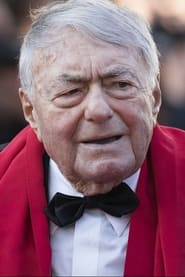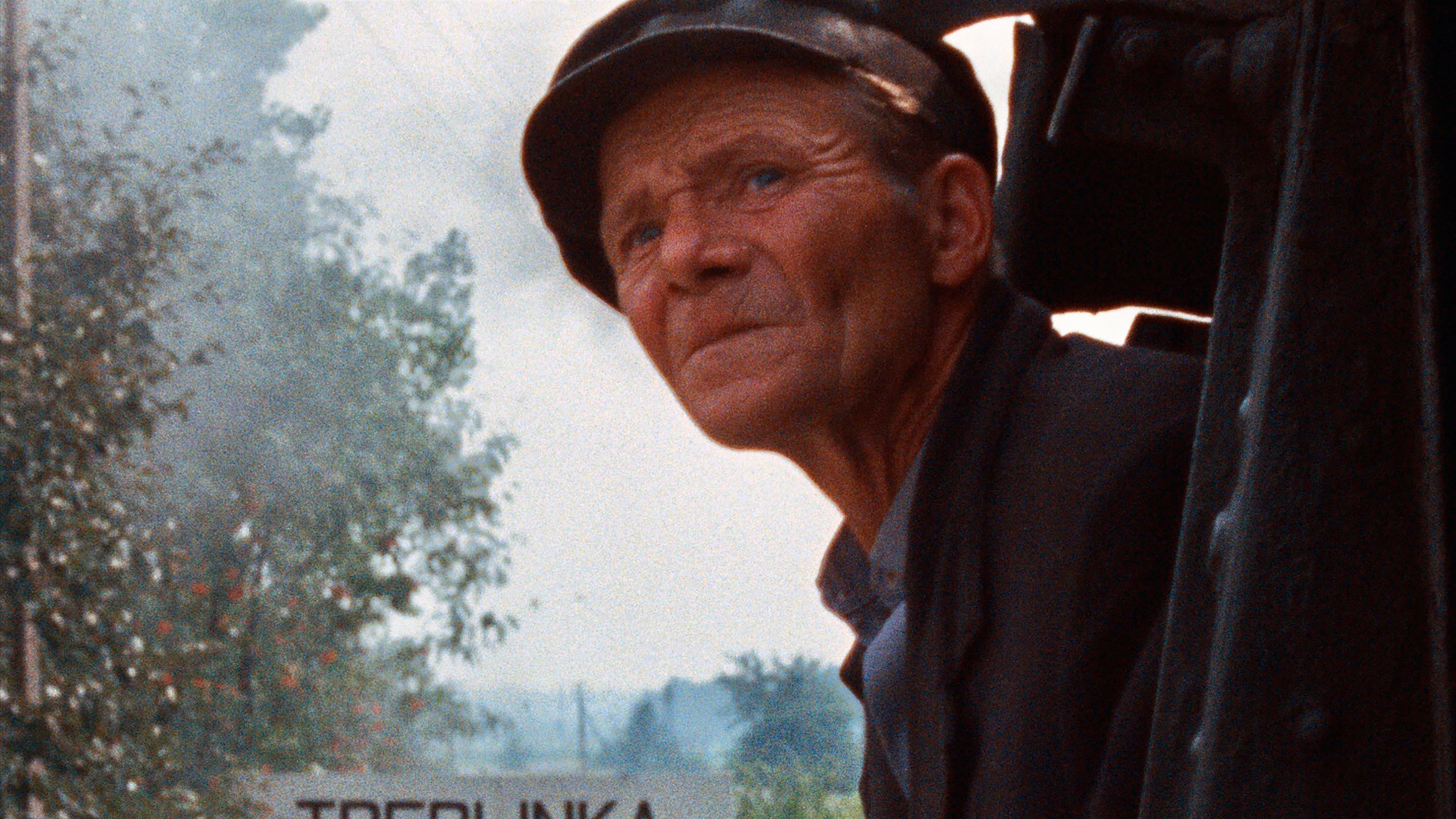
Shoah
Top 10 Billed Cast
Self
Self
Self
Self
Self
Self
Self
Self
Self
Similar Movies
 8.2
8.2Night and Fog(fr)
Filmmaker Alain Resnais documents the atrocities behind the walls of Hitler's concentration camps.
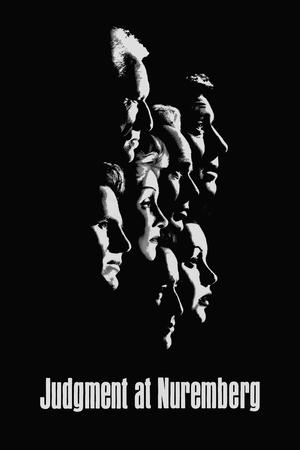 8.0
8.0Judgment at Nuremberg(en)
In 1947, four German judges who served on the bench during the Nazi regime face a military tribunal to answer charges of crimes against humanity. Chief Justice Haywood hears evidence and testimony not only from lead defendant Ernst Janning and his defense attorney Hans Rolfe, but also from the widow of a Nazi general, an idealistic U.S. Army captain and reluctant witness Irene Wallner.
 7.8
7.8The Bridge on the River Kwai(en)
The classic story of English POWs in Burma forced to build a bridge to aid the war effort of their Japanese captors. British and American intelligence officers conspire to blow up the structure, but Col. Nicholson, the commander who supervised the bridge's construction, has acquired a sense of pride in his creation and tries to foil their plans.
 7.4
7.4Enemy at the Gates(en)
A Russian and a German sniper play a game of cat-and-mouse during the Battle of Stalingrad in WWII.
 8.2
8.2Saving Private Ryan(en)
As U.S. troops storm the beaches of Normandy, three brothers lie dead on the battlefield, with a fourth trapped behind enemy lines. Ranger captain John Miller and seven men are tasked with penetrating German-held territory and bringing the boy home.
 6.9
6.9The Tin Drum(de)
Oskar Matzerath is a very unusual boy. Refusing to leave the womb until promised a tin drum by his mother, Agnes, Oskar is reluctant to enter a world he sees as filled with hypocrisy and injustice, and vows on his third birthday to never grow up. Miraculously, he gets his wish. As the Nazis rise to power in Danzig, Oskar wills himself to remain a child, beating his tin drum incessantly and screaming in protest at the chaos surrounding him.
 6.9
6.9Pearl Harbor(en)
The lifelong friendship between Rafe McCawley and Danny Walker is put to the ultimate test when the two ace fighter pilots become entangled in a love triangle with beautiful Naval nurse Evelyn Johnson. But the rivalry between the friends-turned-foes is immediately put on hold when they find themselves at the center of Japan's devastating attack on Pearl Harbor on Dec. 7, 1941.
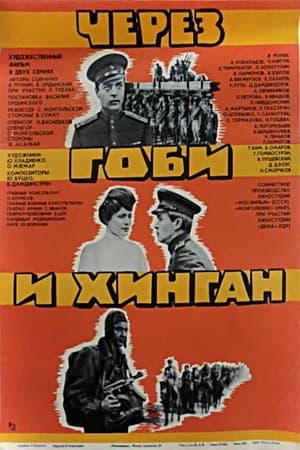 4.0
4.0Via Gobi and Khingan(ru)
About the events of the final stage of the Second World War — the defeat by Soviet and Mongolian troops of the selected Kwantung army. Bacteriological weapons were created in the laboratory of Japanese General Ishii Shiro. Experiments were conducted on prisoners of war and political prisoners. Epidemiologist Dmitry Sokolov was assigned to solve the mystery of this laboratory. At the cost of his own life, he completed the task. The march of Soviet and Mongolian formations through the Gobi sands and the Khingan spurs was not only a brilliant military operation, but also a warning of the use of bacteriological weapons by Japan.
 8.6
8.6Schindler's List(en)
The true story of how businessman Oskar Schindler saved over a thousand Jewish lives from the Nazis while they worked as slaves in his factory during World War II.
 7.6
7.6The Last Emperor(en)
A dramatic history of Pu Yi, the last of the Emperors of China, from his lofty birth and brief reign in the Forbidden City, the object of worship by half a billion people; through his abdication, his decline and dissolute lifestyle; his exploitation by the invading Japanese, and finally to his obscure existence as just another peasant worker in the People's Republic.
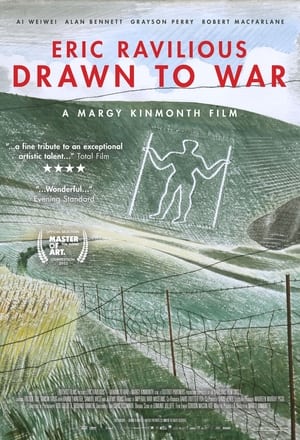 0.0
0.0Eric Ravilious: Drawn to War(en)
One of Britain’s greatest landscape artists, Eric Ravilious, is killed in a plane crash while on commission as Official War Artist in Iceland in 1942. His life is as compelling and enigmatic as his art, set against the dramatic wartime locations that inspire him. This film brings to life this unique and still grossly undervalued British artist caught in the crossfire of war 80 years ago, whose legacy largely sank without trace, until now…
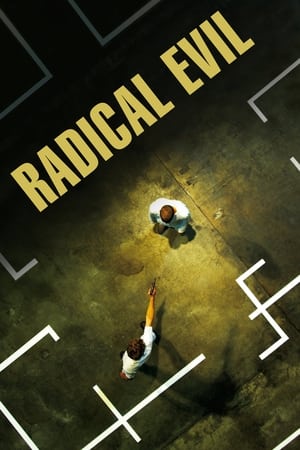 7.2
7.2Radical Evil(de)
Das radikal Böse is a German-Austrian documentary that attempted to explore psychological processes and individual decision latitude "normal young men" in the German Einsatzgruppen of the Security Police and SD, which in 1941 during the Second World War as part of the Holocaust two million Jewish civilians shot dead in Eastern Europe.
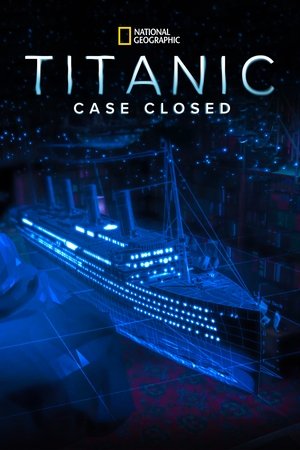 7.6
7.6Titanic's Final Mystery(en)
The sinking of the RMS Titanic remains one of the most enduring and mysterious tragedies of the 20th century. For decades, investigators and amateurs alike have floated theories for why it occurred and who was to blame for the extraordinary loss of life, but no one answer could fully explain what happened. Until now. To mark the 100th anniversary of the infamous disaster, Smithsonian Channel will premiere Titanic's Final Mystery. The two-hour special investigates a century of theories and uncovers astonishing new forensic evidence that proves the most likely theory for the case.
 7.6
7.6Gandhi(en)
In the early years of the 20th century, Mohandas K. Gandhi, a British-trained lawyer, forsakes all worldly possessions to take up the cause of Indian independence. Faced with armed resistance from the British government, Gandhi adopts a policy of 'passive resistance', endeavouring to win freedom for his people without resorting to bloodshed.
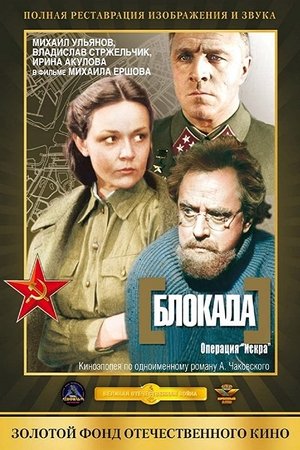 5.0
5.0The Siege: Operation "Iskra"(ru)
"Iskra" is the codename for the plan of the operation of the Soviet troops to break the blockade of Leningrad. In January 1943, the blockade of Leningrad was broken. A corridor 8-11 km wide was formed between Lake Ladoga and the front line.
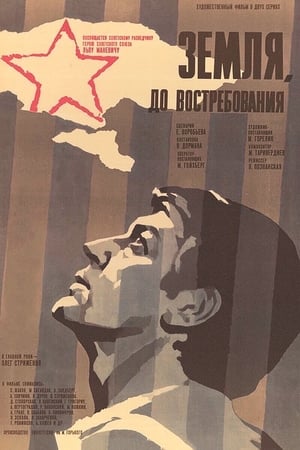 1.0
1.0Land, Poste Restante(ru)
Based on a true story about Soviet spy Lev Manevich. He lives in Italy and operates in the Nazi Germany and Austria. Manevich, who is posing as a businessman, collects information about the latest German airplanes made by Messerschmitt for Luftwaffe. On his spying trip to Berlin, Manevich noticed that a stranger was following him. Now his life is in danger, but he must do something to complete his mission...
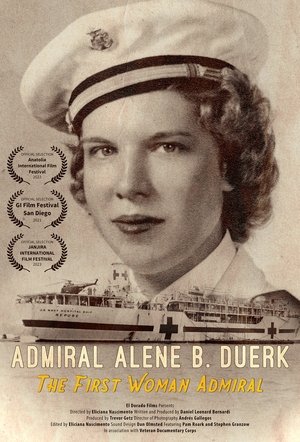 0.0
0.0Alene Duerk: First Woman to Make Admiral(en)
Following the tradition of military service in her family, Alene Duerk enlisted as a Navy nurse in 1943. During her eventful 32 year career, she served in WWII on a hospital ship in the Sea of Japan, and trained others in the Korean War. She became the Director of the Navy Nursing Corps during the Vietnam War before finally attaining the rank of Admiral in the U.S. Navy. Despite having no other women as mentors (or peers), Admiral Duerk always looked for challenging opportunities that women had not previously held. Her consistently high level of performance led to her ultimate rise to become the first woman Admiral.
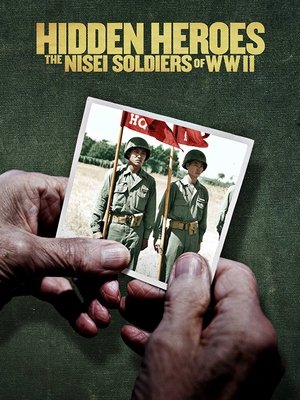 0.0
0.0Hidden Heroes: The Nisei Soldiers of WWII(en)
Featuring sit-down interviews with experts and historians, follows the story of the Japanese American soldiers of WWII who fought for the ideals of American democracy.
 6.8
6.8My Best Friend Anne Frank(nl)
Based on the real-life friendship between Anne Frank and Hannah Goslar, from Nazi-occupied Amsterdam to their harrowing reunion in a concentration camp.
Recommendations Movies
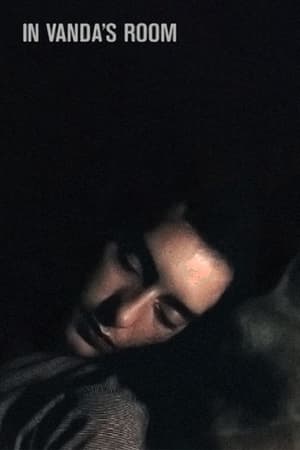 6.8
6.8In Vanda's Room(pt)
An unflinching, fragmentary look at a handful of self-destructive, marginalized people, but taking as main focus the heroin-addicted Vanda Duarte.
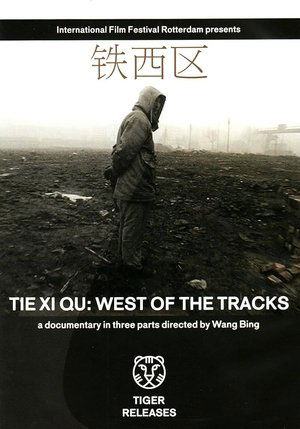 7.7
7.7Tie Xi Qu: West of the Tracks(zh)
A detailed look at the gradual decline of Shenyang’s industrial Tiexi district, an area that was once a vibrant example of China’s socialist economy. But industry is changing, and the factories of Tiexi are closing. Director Wang Bing introduces us to some of the workers affected by the closures, and to their families.
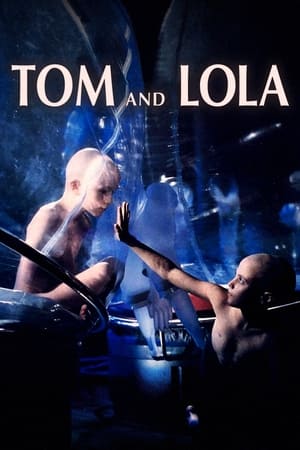 5.7
5.7Tom and Lola(fr)
Born with their immune systems damaged, Tom and Lola are doomed to live their lives in isolation, sealed in separate plastic bubbles. However, neither cold urethane nor chillier hospital technicians can keep down the beguiling spirit of these indomitable siblings.
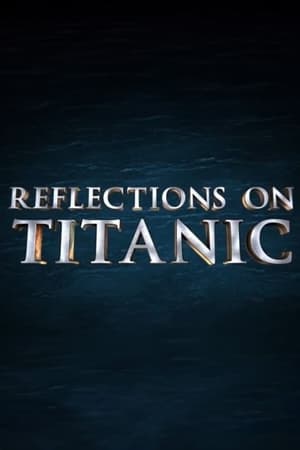 7.3
7.3Reflections on Titanic(en)
An enthralling and fast-paced four-part documentary feature that covers the making of one of the last major Hollywood epics; Titanic. Cast and crew speak on setting the sinking of the ship against a classic romance. The feature also examines casting and the young couple headlining the film, DiCaprio's and Winslet's on-set friendship and their differing acting styles, the expansive sets and filming locations, the authenticity of the recreated ship, James Cameron's work and dedication, and budgeting. And many more aspects of the film are overviewed.
 5.7
5.7Filmlovers!(fr)
What does it mean, to go to the movies? Why have people been going for over one hundred years? I set out to celebrate movie theaters and their manifold magic. So I walked in the footsteps of young Paul Dédalus, as if in a filmgoer’s coming-of-age story. Memories, fiction, discoveries come together in an irrepressible torrent of pictures.
 6.7
6.7We Spin Around the Night Consumed by the Fire(fr)
A Latin palindrome is the title of Guy Debord's last film, in which he, as narrator, explains that he will make neither concessions to the tastes of his viewers nor to the dominant ideas of his day. After extensively insulting the audience that goes to the cinema to forget its heteronomous life, the film becomes autobiographical, using images from the world of spectacle: advertising brochures, clips from feature films (Les enfants du paradis), comics, aerial footage of Paris, tracking shots through Venice, photographs of friends – all commented on by Debord, with an at times melancholy undertone: "This Paris no longer exists." His assessment is that one of the great pleasures of his life has been the sensation of the passage of time, and as a witness to the disintegration of social order, he has loved his epoch.
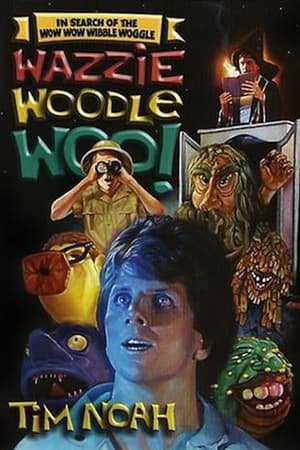 6.5
6.5In Search of the Wow Wow Wibble Woggle Wazzie Woodle Woo(en)
Little magic and plenty of imagination turns a young man's room into a hub where various adventures await him.
 7.0
7.0A Sunday in the Country(fr)
In France, before WWI. As every Sunday, an old painter living in the country is visited by his son Gonzague, coming with his wife and his three children. Then his daugther Irene arrives. She is always in a hurry, she lives alone and does not come so often... An intimist chronicle in which what is not shown, what is guessed, is more important than how it looks, dealing with what each character expects of life.
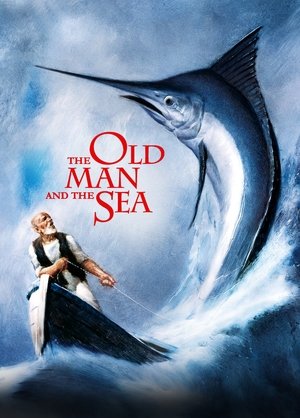 7.6
7.6The Old Man and the Sea(ru)
An old fisherman makes the biggest catch of his life.
 7.5
7.5Live and Become(fr)
In 1980, the black Falashas in Ethiopia are recognised as genuine Jews and are secretly carried to Israel. The day before the transport the son of a Jewish mother dies. In his place and with his name (Schlomo) she takes a Christian 9-year-old boy.
 7.7
7.7Meshes of the Afternoon(en)
A woman returning home falls asleep and has vivid dreams that may or may not be happening in reality. Through repetitive images and complete mismatching of the objective view of time and space, her dark inner desires play out on-screen.
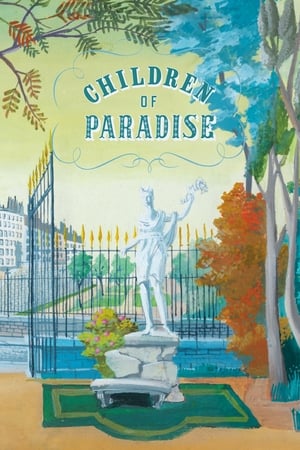 8.1
8.1Children of Paradise(fr)
In a chaotic 19th-century Paris teeming with aristocrats, thieves, psychics, and courtesans, theater mime Baptiste is in love with the mysterious actress Garance. But Garance, in turn, is loved by three other men: pretentious actor Frederick, conniving thief Lacenaire, and Count Edouard of Montray.
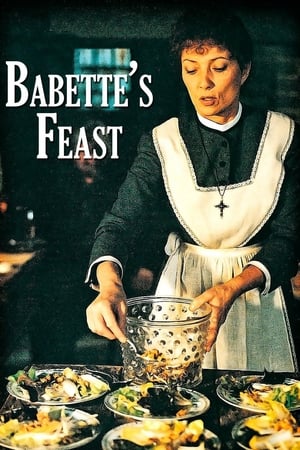 7.2
7.2Babette's Feast(da)
A French housekeeper with a mysterious past brings quiet revolution in the form of one exquisite meal to a circle of starkly pious villagers in late 19th century Denmark.
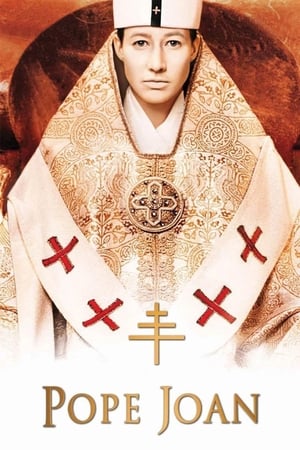 6.8
6.8Pope Joan(en)
A 9th century woman of English extraction born in the German city of Ingelheim disguises herself as a man and rises through the Vatican ranks.
 7.5
7.5My Dinner with Andre(en)
Wally, a struggling playwright and actor, reluctantly agrees to catch up with his old friend Andre, a theater director who disappeared several years prior in order to travel the world. Meeting at a posh Manhattan restaurant, the two share life stories, anecdotes and philosophical musings over the course of an evening meal.
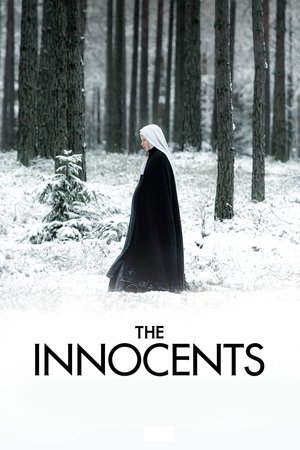 7.1
7.1The Innocents(fr)
Poland, 1945. Mathilde, a young French Red Cross doctor, is on a mission to help the war survivors. When a nun seeks for her help, she is brought to a convent where several pregnant sisters are hiding, unable to reconcile their faith with their pregnancy. Mathilde becomes their only hope.
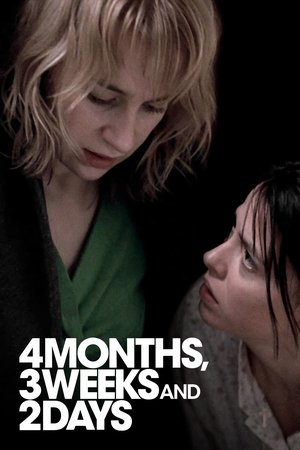 7.6
7.64 Months, 3 Weeks and 2 Days(ro)
Two college roommates have 24 hours to make the ultimate choice as they finalize arrangements for a black market abortion.
 7.0
7.0Sexy Beast(en)
Ex-safecracker Gal Dove has served his time behind bars and is blissfully retired to a Spanish villa paradise with a wife he adores. The idyll is shattered by the arrival of his nemesis Don Logan, intent on persuading Gal to return to London for one last big job.
 7.0
7.0Inland Empire(en)
As a Hollywood actress begins to adopt the persona of her character in a film, her world becomes nightmarish and surreal.
